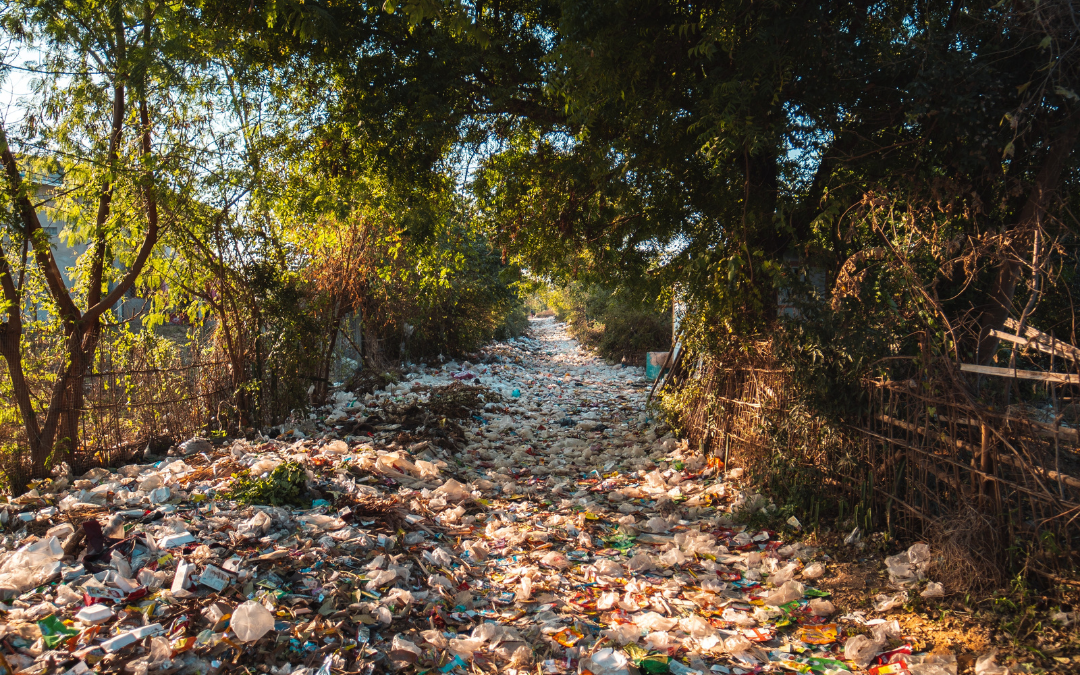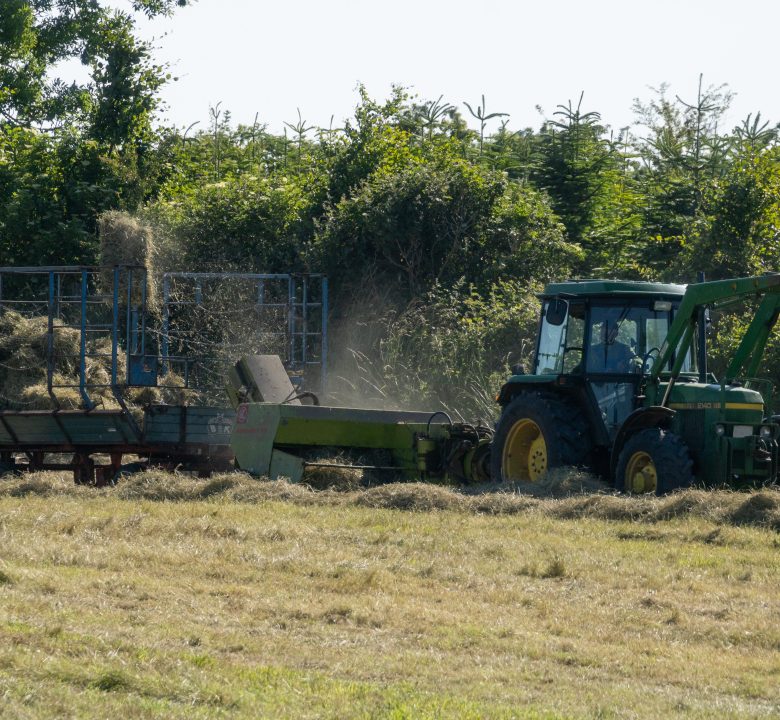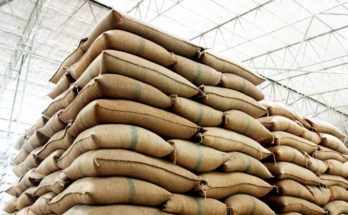
Ensuring Food Security in Africa: Analysis of Current Policies
February 7, 2023
African Grants for Small Businesses to Consider
February 7, 2023Agriculture is an essential sector that provides food for billions of people around the world. However, with increasing demand for food, the agriculture industry is producing more waste than ever before. This waste can take various forms, such as crop residues, animal manure, and biodegradable materials. The proper disposal of agricultural waste is critical to ensure a sustainable future and maintain a healthy environment.
In this article, we will explore various agricultural waste solutions and their benefits. We will discuss the importance of proper waste management, the benefits of recycling, and the role of technology in finding innovative solutions.
Importance of Proper Waste Management
Proper waste management is critical in ensuring a sustainable future. Agricultural waste can contain harmful chemicals and pollutants that can leach into the soil and water sources, causing environmental damage. This can lead to soil and water contamination, which can be harmful to both humans and wildlife. Additionally, the improper disposal of waste can also lead to the release of methane, a potent greenhouse gas, contributing to global warming.
Therefore, it is essential to properly manage and dispose of agricultural waste. This will not only reduce the environmental impact, but also promote a sustainable future.
Benefits of Recycling Agricultural Waste
Recycling agricultural waste can provide numerous benefits. First, it can reduce the amount of waste that is sent to landfills, reducing the strain on these facilities. Additionally, recycling can conserve resources, as the waste can be used to produce new products.
Recycling can also help reduce greenhouse gas emissions. When waste is disposed of in landfills, it releases methane, a potent greenhouse gas. By recycling waste, we can reduce the amount of waste sent to landfills, reducing methane emissions.
Another benefit of recycling agricultural waste is that it can provide a source of energy. Waste can be used to generate electricity or heat, reducing the reliance on non-renewable energy sources.
Role of Technology in Agricultural Waste Solutions
Technology plays a crucial role in finding innovative solutions for agricultural waste. With advances in technology, new methods are being developed to manage and recycle waste. These methods can be more efficient and cost-effective than traditional waste management techniques.
One such technology is anaerobic digestion. This process involves breaking down waste in the absence of oxygen, producing biogas that can be used to generate electricity. Another technology is composting, which involves breaking down waste to produce a nutrient-rich soil amendment.
In conclusion, proper waste management is critical in ensuring a sustainable future. Recycling agricultural waste can provide numerous benefits, such as reducing greenhouse gas emissions, conserving resources, and generating energy. Technology plays a crucial role in finding innovative solutions for agricultural waste, and the future looks promising with continued advances in this field.
If you are seeking funding, business support or consulting to start your AgriBusiness in Africa, we are here to help! We are passionate about seeing African businesses by Africans thrive in Africa. Lets secure Africa’s future together. Click here to get started.




